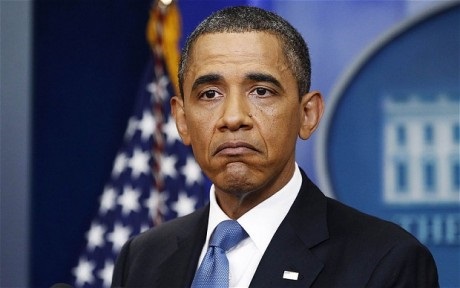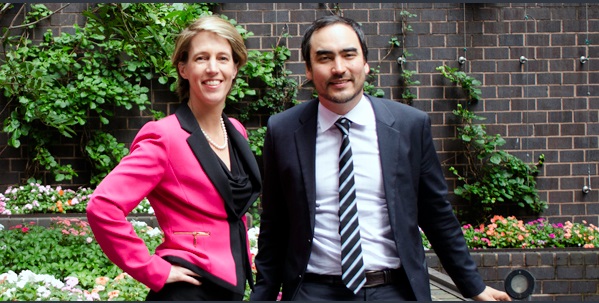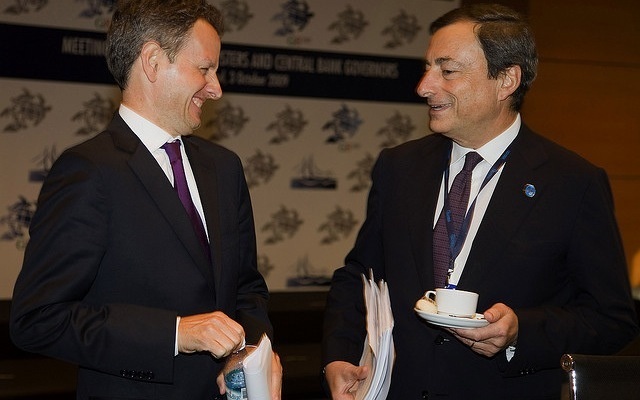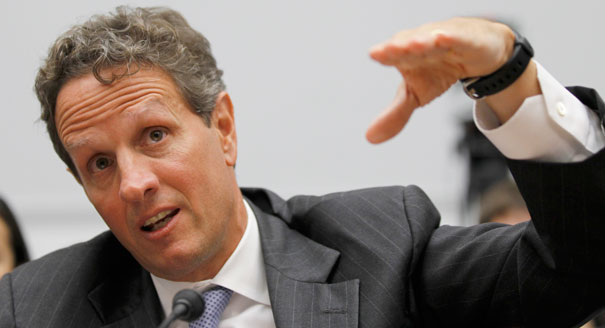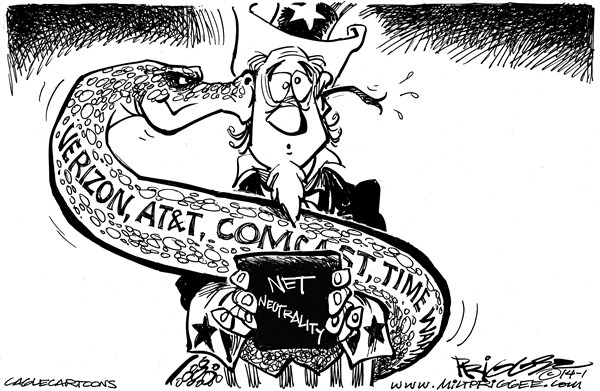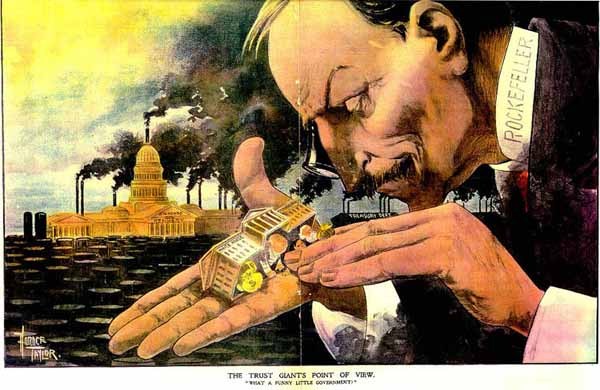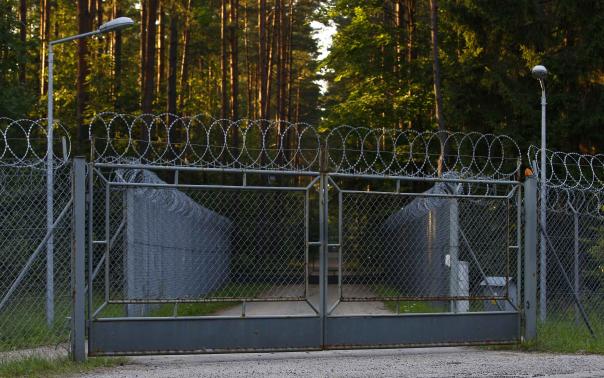
(1) “The court found Poland violated its obligations under the European Convention on Human Rights to prevent torture, ensure the right to liberty, and properly investigate allegations a crime had been committed on its territory.”
The European Court of Human Rights finds that Poland harbored one of the CIA’s infamous black sites — perhaps this is one of the old Soviet compounds? “[S]imilar cases have been lodged with the court in Strasbourg against Romania and Lithuania.”
(2) “The five Americans whose email accounts were monitored by the NSA and FBI have all led highly public, outwardly exemplary lives. All five vehemently deny any involvement in terrorism or espionage, and none advocates violent jihad or is known to have been implicated in any crime, despite years of intense scrutiny by the government and the press.”
Paging J. Edgar: The Intercept’s Glenn Greenwald and Murtaza Hussain, with help from Edward Snowden, uncover NSA and FBI surveillance of prominent, upstanding Muslim-Americans. “In one 2005 document, intelligence community personnel are instructed how to properly format internal memos to justify FISA surveillance. In the place where the target’s real name would go, the memo offers a fake name as a placeholder: ‘Mohammed Raghead.'”
(3) “Emblazoned with the crests of 19 agencies, it offers the most complete and revealing look into the secret history of the government’s terror list policies to date. It reveals a confounding and convoluted system filled with exceptions to its own rules, and it relies on the elastic concept of ‘reasonable suspicion’ as a standard for determining whether someone is a possible threat…individuals can be watchlisted if they are suspected of being a suspected terrorist, or if they are suspected of associating with people who are suspected of terrorism activity.”
Also in The Intercept, Jeremy Scahill and Ryan Devereaux explain the absurdly broad net that is the terrorist watchlist. “There are a number of loopholes for putting people onto the watchlists even if reasonable suspicion cannot be met.”
(4) “Nearly all of the highest-profile domestic terrorism plots in the United States since 9/11 featured the ‘direct involvement’ of government agents or informants, a new report says…rais[ing] questions about the US criminal justice system’s ability to respect civil rights and due process in post-9/11 terrorism cases.”
And in The Guardian, Spencer Ackerman expounds on the FBI’s apparent excessive leaning on entrapment to conjure up terror cases. “‘In some cases the FBI may have created terrorists out of law-abiding individuals by suggesting the idea of taking terrorist action or encouraging the target to act,’ the report alleges.”
Torture, rendition, secret prisons, spying on Americans, surveillance policies that are obviously, woefully ripe for abuse…We are six and a half years into the administration of a president who promised us definitively this nonsense would end. And yet, virtually every day, we hear of a new outrage, and the only official response seems to be Lock Up the Messenger. So when are we going to get an accountability moment here?

